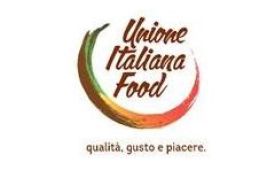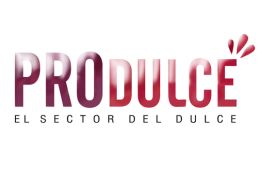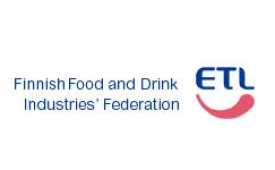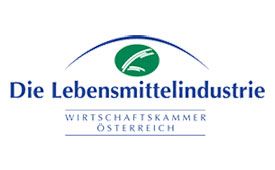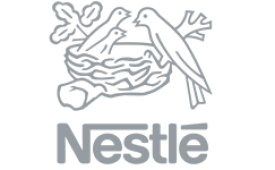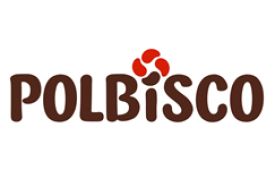Public Private Partnership in Turkish Hazelnut sector
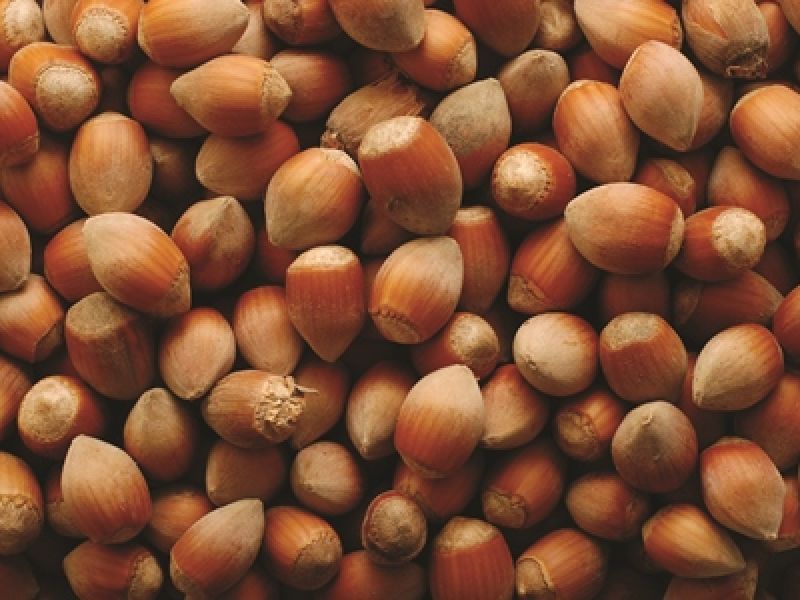
CAOBISCO is committed to driving real change in the hazelnut sector through public private partnership.
CAOBISCO members are committed to progressing a multi-stakeholder approach including all parties in the hazelnut supply chain. Addressing the root causes of poor labour practices in the Turkish hazelnut sector can only be achieved by the joint effort of all relevant private and public stakeholders under the leadership of the Turkish government.
Under the chairmanship of the Under Secretary of the Ministry of Labour in July 2012, the stakeholders laid the foundations of a multi-stakeholder process that would be inclusive, constructive and meaningful. The essential objective is to follow the implementation of the Turkish government policies and action plans to improve labour conditions. In particular the Turkish Government’s strategy drawn by National Time Bound Policy and Programme Framework (TBPPF) for the elimination of WFCL by 2015 and to communicate on the effective improvements towards the elimination of child labour in the hazelnut supply chain and METIP †The Turkish Government Action Plan to improve the working and social conditions of seasonal migratory workers.
International Labour Organisation (ILO) Public Private Partnership Project
Since 2013 CAOBISCO has been working in Public-Private Partnership (PPP) to improve the labour conditions in the Turkish hazelnut sector. In June 2015, the International Labour Organisation (ILO) and the Association of Chocolate, Biscuit and Confectionery Industries of Europe (CAOBISCO) signed a Public-Private Partnership Agreement (PPP) for a further 3 year project “Integrated Model for the Elimination of Worst Forms of Child Labour (WFCL) in Seasonal Agriculture in Hazelnut Harvesting in Turkey”.
Contributing members of CAOBISCO to the ILO PPP Project: Ferrero, Nestlé, August Storck KG, Barry Callebaut, Alfred Ritter GmbH & Co. KG, Mars, Incorporated, Chocosuisse, NATRA S.A., Griesson - de Beukelaer GmbH & Co., Cémoi chocolatier, Gebr. Jancke GmbH, Neuhaus NV, Stollwerck GmbH, Fazer, Koenig Backmittel GmbH
The new project lasting 3 harvest seasons will extend the existing activities in Ordu (East Black Sea Region), to Düzce and Sakarya (West Black Sea Region). In addition, the project will scale up activities in Åžanlıurfa (South East Anatolia Region) where many of the migrant families harvesting hazelnuts come from.
Building on the previous experience and achievements, the project will scale up activities and impact from 2015 to 2017 through
-
widespread awareness and mainstreaming decent work practices in the hazelnut sector
-
strong cooperation among key stakeholders at local, national and international levels
-
sustainable model achieved by dedicated team of experts, training of relevant staff and experts at local and national levels on the intervention strategy
The overall objective of this project is to contribute elimination of worst forms of child labour (WFCL) in seasonal agriculture in line with the Turkish Government’s strategy drawn by the National Employment Strategy 2014-2023. A model has been developed through the Dutch Government and CAOBISCO funded “Elimination of Worst Forms of Child Labour in Seasonal Commercial Agriculture in Hazelnut Harvesting in Ordu” project 2013 and 2014. The project aims contributing to the withdrawal of children from work and prevention of at-risk children to be engaged in seasonal hazelnut agriculture. It will bring added value through the replication of the strategic intervention model in the different regions and contribute to a sustainable child labour monitoring mechanism in seasonal agriculture. The project will step up efforts to attain the goal of contributing to the policy making and efficient implementation on the elimination of WFCL in seasonal agriculture.
Hazelnut Supply Chain
Most hazelnuts are grown on small family holdings of around two hectares in size. Turkey is the principal producer accounting for approximately 75% of the global supply. There are around 320,000 orchards in Turkey alone and at harvest time they rely on seasonal migrant labour to pick the crop. In short 8 Million people depend directly or indirectly on hazelnuts. CAOBISCO members do not source directly from these farms but from a small number of suppliers who obtain the nuts via a chain of middlemen.
Legal framework
CAOBISCO and its members consider conformity with recognised international labour standards, including International Labour Organisation (ILO) conventions, in the Turkish hazelnut supply chain as a priority.
The proper legal and policy framework including the relevant International Labour Organisation (ILO) conventions are in place in Turkey. See background document on the Turkish Government approach to Eliminating Child labour, improving working conditions and hazelnut sustainability in Turkey.
Please find below the link to Pikolo II, the documentary which has been prepared in 2014 within the framework of our project. Pikolo 1 is still available below.
